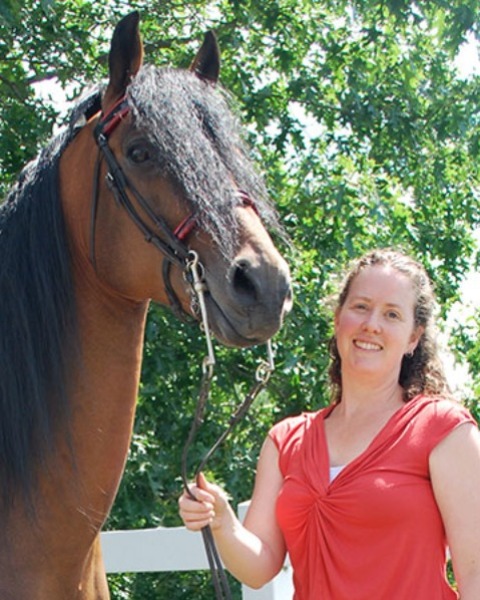Back
Session: Teaching/Undergraduate and Graduate Education
382 - Essential Skills for Future Equine Sports Rehabilitation Careers
Thursday, June 30, 2022
9:05 AM – 9:20 AM CT
Location: Oklahoma City Convention Center, 207 A/B

Sarah A. Reed, PhD
Associate Professor
University of Connecticut
Storrs, Connecticut
Presenting Author(s)
Abstract: The field of equine sports medicine and rehabilitation is rapidly expanding with increasing career opportunities for individuals (non-veterinarians) in equine rehabilitation facilities. However, throughout the United States, there are limited educational opportunities for undergraduate students to prepare for this career. The objective of this study was to determine what practical skills and theoretical knowledge are deemed most useful for employment by professionals in this industry. To meet this objective, an Qualtrics survey was distributed through email and social media to veterinarians, veterinary professionals, rehabilitation service providers, and horse owners. In addition to demographics, the survey asked respondents to list practical skills and theoretical knowledge that are essential for professionals in the equine rehabilitation industry. The majority of the 117 respondents (84%) were located in the United States, with the remainder from Canada (5%), the United Kingdom (5%) and several other countries. Eighteen percent of respondents were veterinarians, 26% owned or managed rehabilitation facilities, 8.5% were veterinary technicians, and the remainder were horse owners, rehabilitation service providers, and others. Horse handling skills (19%) and communication skills (18%) were the most commonly listed practical skills deemed essential for rehabilitation professionals. Of the theoretical skills, evaluation of lameness (29.5%), anatomy (31%), and fundamentals of equine reconditioning programs (32%) were deemed similarly important for rehabilitation professionals. Together, these data indicate that an educational program in equine sports rehabilitation should include fundamental knowledge in lameness evaluation and rehabilitation methods as well as significant hands-on opportunities with rehabilitating horses and communicating about rehabilitation methods and progress with clients.

.jpg)
.png)
.jpg)
.png)
.png)
.png)
.png)
.jpg)
.png)